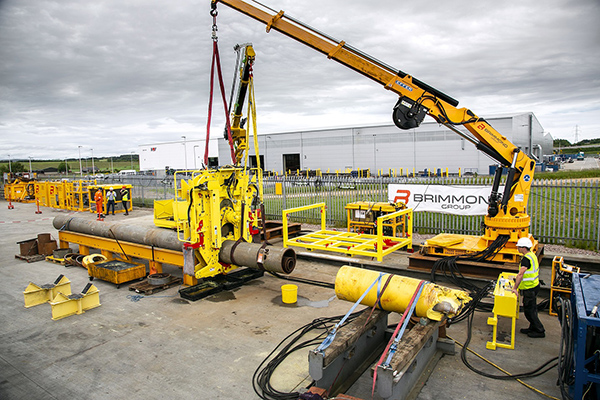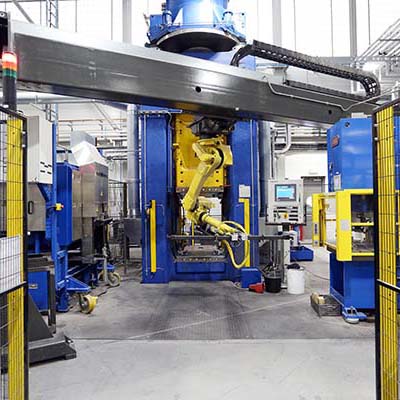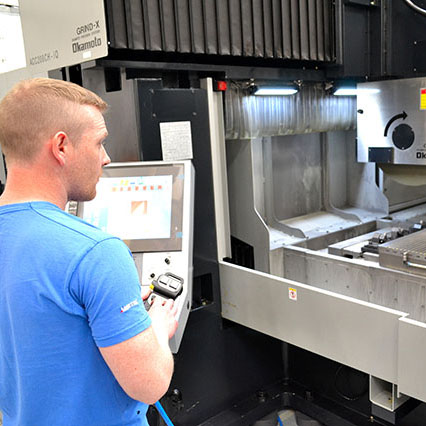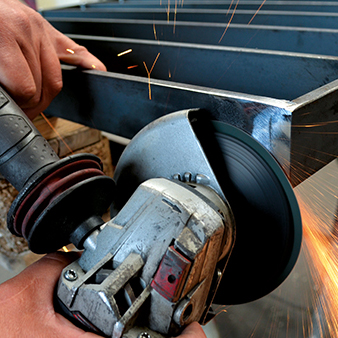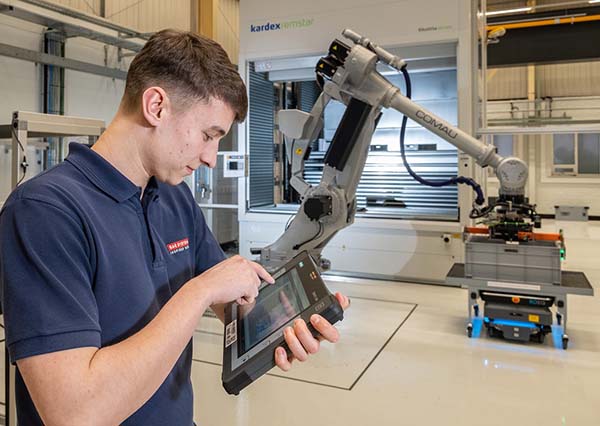
‘Less is more’ does not necessarily apply at Werhand in Neuwied, as the company is organised in line with customer wishes. Master mechanic Jörg Hörter has nevertheless been successful at creating more with less. He has significantly reduced the number of tools used for everything from coarse grinding to polishing in order to save time and money.
Weld seam preparation and post-processing, and work on surfaces from coarse grinding to polishing, are the focal points of processes in the workshop.
“We grind a lot and underwent a complete realignment in that area five years ago,” states Hörter. “We simply used too many tools. As a result, our deployment, procurement and warehousing processes were complex and time-consuming.”
Together with the regional Pferd representative, the company streamlined its processes, moving from grinding wheels and flap discs to the Pferd CombiClick system.
“Back then, we usually began processing with the grinding wheel,” explains Hörter. “Next, we removed the grinding wheel from the angle grinder and clamped on a flap disc, before removing the flap disc and putting on a Velcro backing pad. And then we had two additional operations with fleece discs featuring different abrasive grains.”
He adds: “Today, we clamp the CombiClick backing pad to the angle grinder, use the CO ceramic oxide grain fibre disc in grit size 120, and then the Polivlies grinding disc – without having to remove the CombiClick backing pad. Job done.”
With the change, Hörter says the company is not only able to save on many tools, but save the time related to tool changeover.
“Even if a changeover only takes 20 seconds – in my workshop there are 15 people, eight of whom regularly work with the angle grinder. Changeover time quickly adds up over days, weeks, months and years.”
For further information
www.pferd.com







